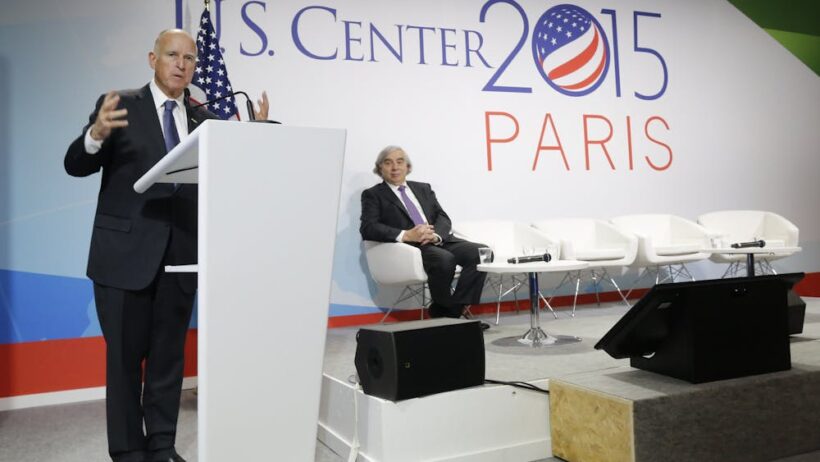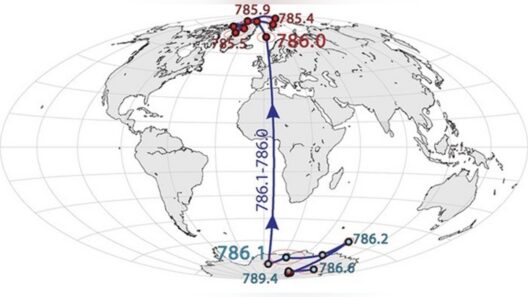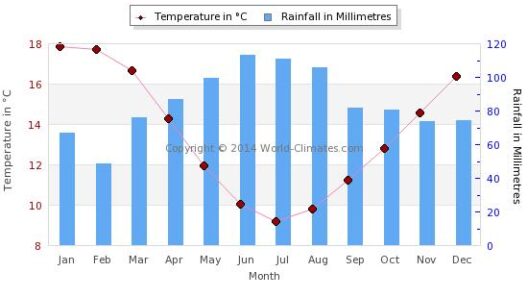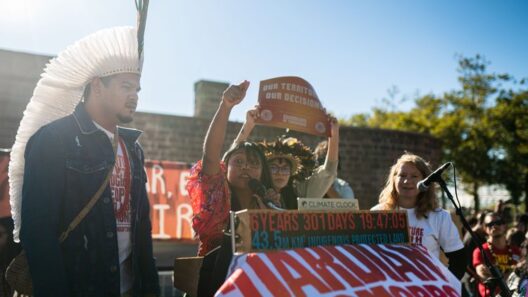The Paris Climate Agreement stands as a monumental endeavor in humanity’s collective fight against climate change, akin to a collective armada setting sail on a turbulent sea, seeking not only to survive but to thrive amidst the myriad tempests of environmental degradation. Ratified in December 2015, this landmark climate accord represents the first concerted global effort to curtail greenhouse gas emissions and bolster responses to the existential threat posed by climate change. Spanning across a diverse array of nations, it is a symbolic testament to the power of unity and collaboration in addressing the daunting challenges that besiege our planet.
At its core, the Paris Agreement serves as a binding commitment to limit global warming to below 2 degrees Celsius above pre-industrial levels, aiming to cap the increase at 1.5 degrees Celsius, a threshold deemed crucial to mitigate the most catastrophic effects of climate change. To achieve this ambitious aim, participating nations have pledged to establish and enhance their nationally determined contributions (NDCs), which delineate their respective strategies for reducing emissions. The beauty of this arrangement lies in its flexibility; countries can tailor their contributions based on national circumstances, capabilities, and development goals, thus fostering a sense of ownership and responsibility toward climate action. Each NDC is akin to a unique footprint on the global map—a distinct path bridged by shared aspirations.
One remarkable facet of the Paris Agreement is its emphasis on inclusivity. Every nation, regardless of economic stature or historical responsibility regarding emissions, is invited to participate in this pivotal initiative. This universality stems from an acknowledgment that climate change is not a singular challenge but rather a multifaceted issue that touches every corner of the earth. The air we breathe, the water we drink, and the agricultural systems we rely upon for sustenance are all intertwined with climatic shifts. Hence, the covenant transcends geographical boundaries, urging a collaborative spirit that encompasses both developed and developing nations alike.
In this pursuit, the Paris Agreement sparks a renewed emphasis on transparency and accountability. Countries are not only encouraged to share their progress but are also subject to a robust framework of reporting and review processes. This transparency functions as a lighthouse guiding nations toward their climate goals, fostering an environment of trust and mutual learning. When a ship’s captain knows they are being watched, they are more likely to remain on course, steering steadfastly through the ebbs and flows of emissions reductions.
The Agreement also recognizes that climate change is inseparable from other pressing global issues, including poverty alleviation, gender equality, and sustainable development. This intrinsic connection signifies a holistic approach to combating climate change—a recognition that social, economic, and environmental dimensions are interwoven in the tapestry of sustainability. Actions to mitigate climate change can simultaneously serve as catalysts for progress across various sectors, creating a symphony of solutions that harmonize with the world’s aspirations for equity and resilience.
Financial commitment is another cornerstone of the Paris Agreement. Developed nations have pledged to mobilize $100 billion annually by 2020 to assist developing countries in their climate efforts, emphasizing a moral imperative to support those who are most vulnerable to the adverse impacts of climate change. This financial lifeline is akin to providing a safety net for those navigating the treacherous waters of climate adaptation and mitigation, enabling them to build capacity and resilience against inevitable climate shocks.
Moreover, the Paris Agreement heralds a new era of innovation and technological advancement in the realm of sustainable practices. By fostering cooperation in the development and dissemination of clean technologies, nations are encouraged to harness their ingenuity, akin to inventors of a new age, finding innovative pathways to reduce emissions and adapt to changing climatic conditions. Shared wisdom and knowledge transfer can catalyze a global transformation, empowering nations to pivot toward low-carbon economies with vigor and vitality.
However, the journey outlined by the Paris Agreement is far from linear. Challenges abound, ranging from political resistance to economic implications of transitioning away from fossil fuels. The reflection of this struggle can be seen in the inflection points in climate discourse—moments when voices for climate justice and urgency reach a crescendo, demanding action. Yet, amid these struggles, the Agreement serves as both a beacon of hope and a framework for collective action, urging nations to rise above individual interests for the common good.
In this grand endeavor, civil society plays a pivotal role as advocates, watchdogs, and partners in the pursuit of climate action. Grassroots movements, indigenous organizations, and youth-led initiatives add vigor to the dialogue, ensuring the voices of the marginalized and most affected are woven into the fabric of climate negotiations. They act as the conscience of society, igniting passion and empathy in the fight against an all-encompassing threat. The Paris Agreement’s strength is amplified when civil engagement and public awareness become an integral part of the narrative, reflecting a collective resolve to combat climate change.
Ultimately, the Paris Climate Agreement is not merely a document but a profound collective promise to secure a sustainable future for both present and future generations. It is a clarion call, urging humanity to learn from the past, act in the present, and envision a thriving, sustainable world beyond the horizon. Just as an armada navigates tumultuous waters, the global community must commit to steering through the perils of climate change with unwavering resolve and unified determination, sowing the seeds for a resilient planet—one that flourishes for generations to come.







